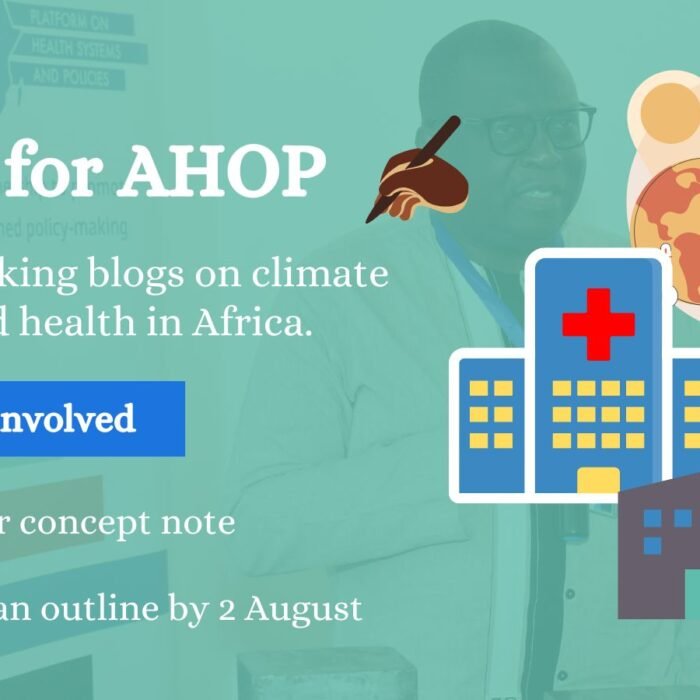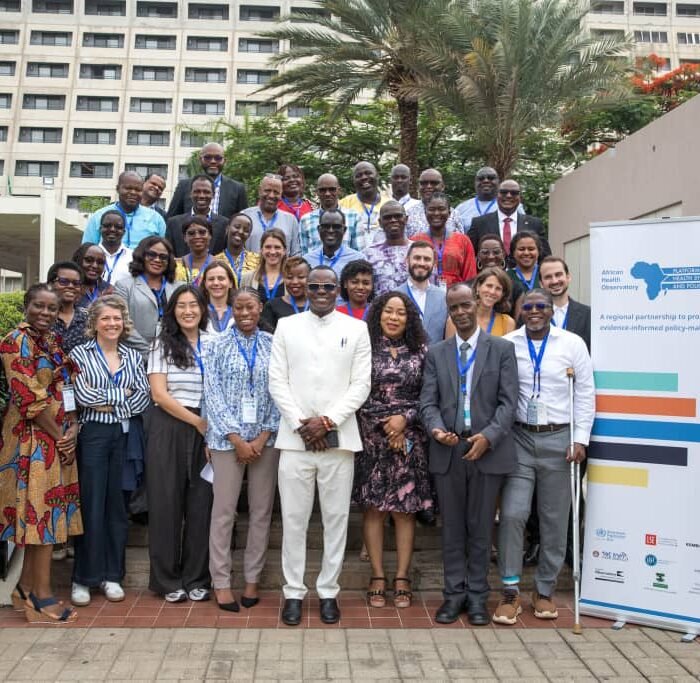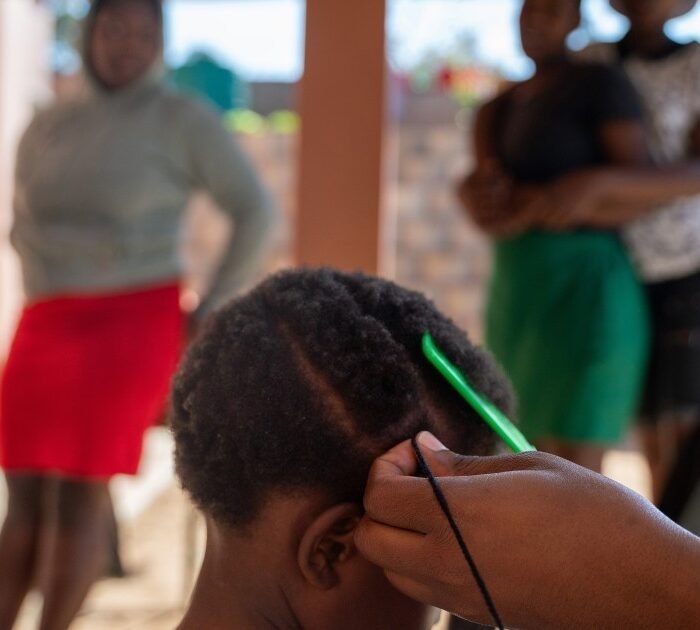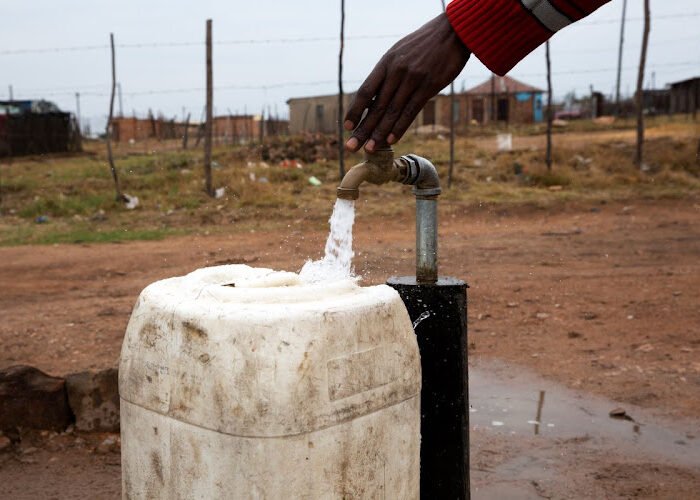
Health Sector Corruption
Anti-corruption Evidence (ACE) in Nigerian Heath sector
Health sector corruption is endemic in Nigeria’s health setting and has stalled the progress of key health indicators in the country, including Universal Health Coverage. The project seeks to identify and understand corruption and its flashpoints in the health sector, produce and harness evidence for solution, and push for incremental change






